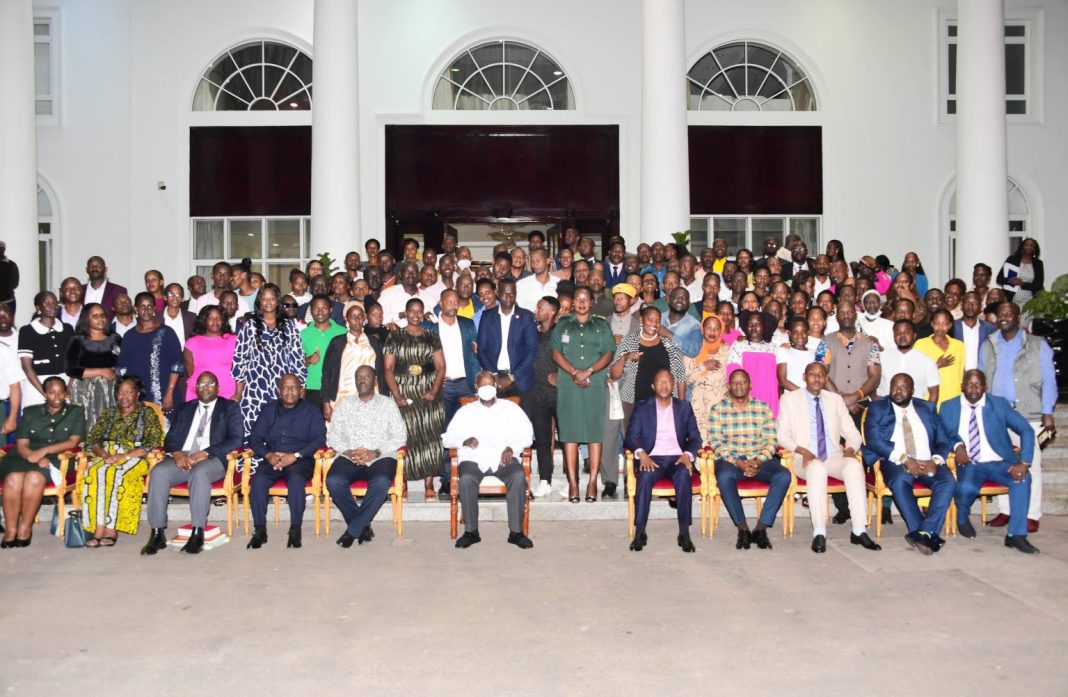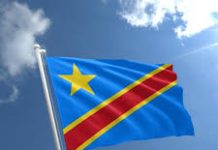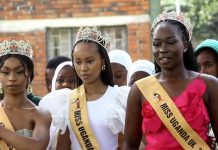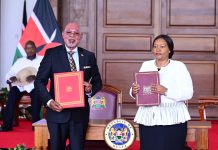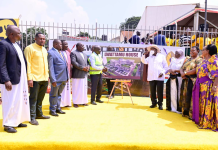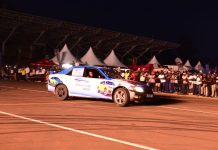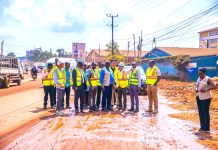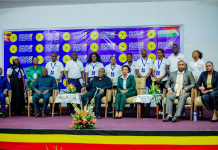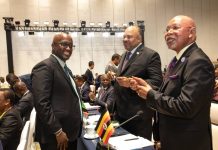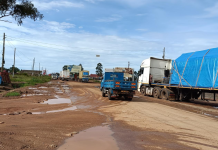By David Mwanje
Entebbe – President Yoweri Kaguta Museveni has announced a new plan to make it easier for Ugandans, including the Abavandimwe (Banyarwanda community), to get citizenship documents. Speaking after meeting with the Abavandimwe on June 23, 2025, at State House, Entebbe, with officials from the Ministry of Internal Affairs, Immigration, and the National Identification and Registration Authority (NIRA), Museveni said local communities should decide who qualifies as a Ugandan citizen, not just government workers in Kampala.
“The citizenship issue in Uganda is a community matter, best handled by local people, area by area,” Museveni said. “Local leaders and elders know our people best. It’s unfair to make them wait for bureaucrats to decide who is a Ugandan.”
Museveni’s new rules say citizenship checks should happen at the parish level by Local Verification Committees, made up of local council (LCI) members, an Internal Security Organization (ISO) staff, and an elder. These committees will guide NIRA in giving out National Identity Cards. If there’s any doubt, a District Citizenship Verification Committee, led by the Resident District Commissioner, will make the final call. People whose families were in Uganda by 1962 won’t pay for citizenship documents, but those who came after will.
Museveni also said Uganda won’t allow dual citizenship with neighboring African countries, like Rwanda, for now. “Dual citizenship is for our children who went to Europe, Arab countries, or Asia because of past insecurity,” he explained. He urged people to be clear about their national loyalty, noting his own Muhooro heritage but firm Ugandan identity.
Frank Gashumba, chairman of the Council for Abavandimwe, praised Museveni’s plan. “We thank President Museveni for listening and solving our citizenship issues,” Gashumba said at a press conference in Kampala’s Serena Hotel. “We ask all Abavandimwe to support the President in the upcoming elections and urge government agencies to follow his orders.”
Museveni shared personal stories to show how immigrant communities, like the Abavandimwe, Nubians, and Indians, have long been part of Uganda. He mentioned Yoramu Kabuteembe, a Rwandan-born church warden in Ntungamo, and E. Kapa, an MP whose parents came in 1910, saying they shouldn’t have to beg for citizenship. “These people are Ugandans unless they choose not to be,” he said.
The new rules ask applicants for details like their name, birth date, birthplace, parents’ origins, clan, and how long they’ve lived in Uganda. Lying about these details is against the law, but Museveni said fear of fraud shouldn’t delay issuing IDs or passports. “If someone lies, we can cancel their documents and punish them later,” he added.
Social media users, like @mahlon5 on X, welcomed the move: “Thank you, Your Excellency, for settling this issue. It’s sad to hear about the struggles of Ugandans of Rwandan origin, as Frank Gashumba has shared.”
This follows Museveni’s January 24, 2025, Executive Order to protect the citizenship rights of the Abavandimwe and others facing issues with IDs. As the 2026 election nears, Museveni’s focus on fair citizenship processes shows his push for unity and progress in Uganda.


